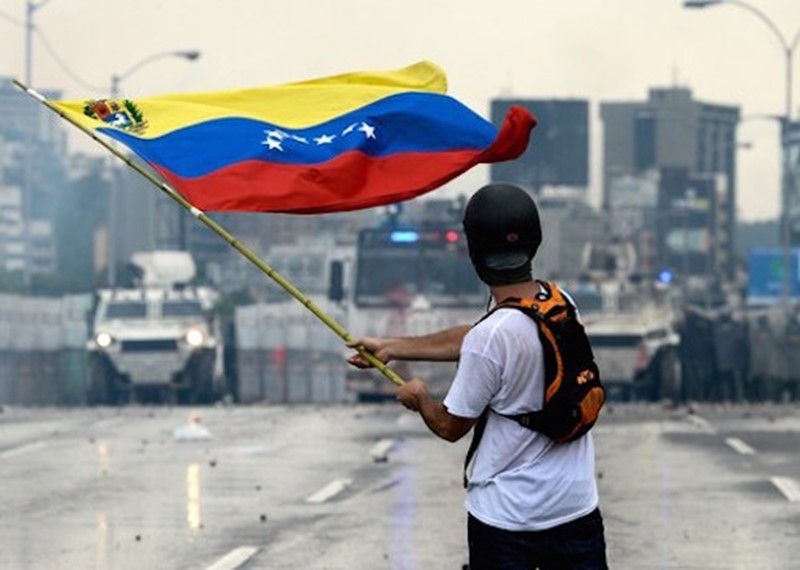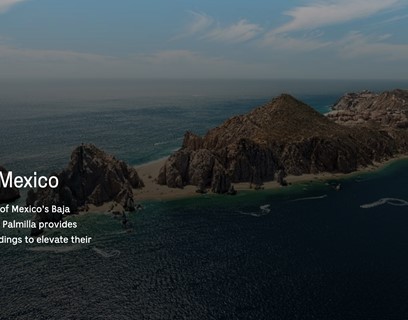
Over the past year, leaders have pushed hate, fought against rights, ignored crimes against humanity, and blithely let inequality and suffering spin out of control. This provoked mass protests, showing that while our challenges may never be greater, the will to fight back is just as strong.
Amnesty International’s report, The State of the World’s Human Rights 2017/18, covers 159 countries and delivers the most comprehensive analysis of the state of human rights in the world today.
While the findings remain shocking, it is the events such as those highlighted in the report that galvanised people across the world to stand up in the face of adversity and make their voices heard.
World leaders abandon human rights
In 2017, the world witnessed a rollback of human rights. Signs of a regression were everywhere. Across the world governments continued to clampdown on the rights to protest, and women’s rights took a nosedive in the USA, Russia and Poland.
From Venezuela to Tunisia, we witnessed the growth of a formidable social discontent, as people were denied access to their fundamental human rights to food, clean water, healthcare and shelter.
And from the US to the European Union and Australia, leaders of wealthy countries continued to approach the global refugee crisis with outright callousness, regarding refugees not as human beings with rights but as problems to be deflected.
In this climate, state-sponsored hate threatens to normalise discrimination against minority groups. Xenophobic slogans at a nationalist march in Warsaw, Poland and sweeping crackdowns on LGBTI communities from Chechnya to Egypt showed how the open advocacy of intolerance is increasing.
Prominent among a sea of stories that caused shock were the horrific reports of ethnic cleansing carried out by Myanmar’s military against its Rohingya population. The stories captured by our researchers were utterly heartbreaking.
“Shafi, my two-year-old son, he was hit hard with a wooden stick. One hit, and he was dead … Three of my children were killed,” said one woman, whose money, possessions – and children - were taken by soldiers.
But with few leaders willing to stand up for human rights on a global stage, crimes against humanity and war crimes committed from Myanmar to Iraq have gone ignored, making the world a more dangerous place.


